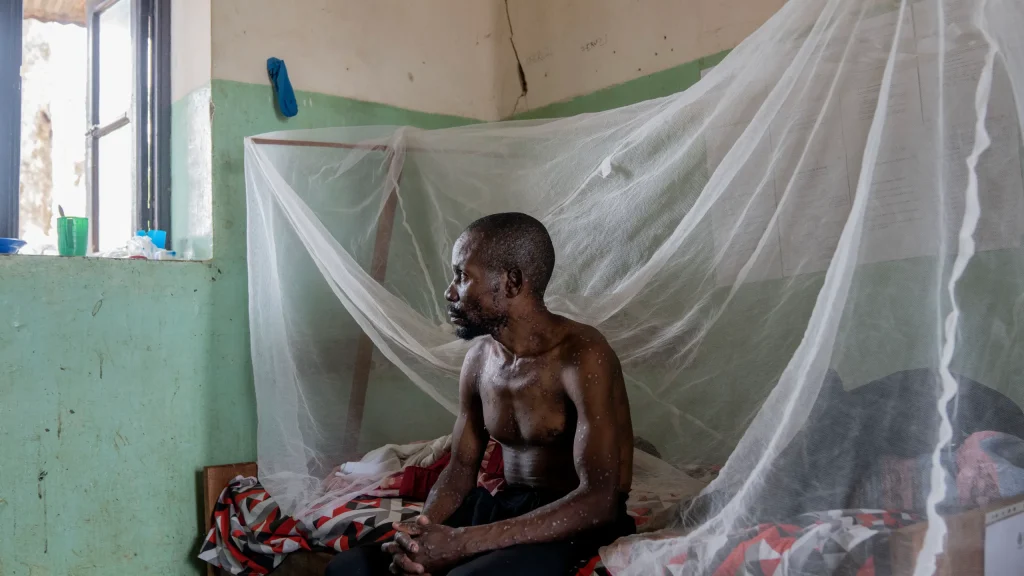The head of the African Union’s health agency urged Western nations on Thursday to apply the lessons learned from the Covid-19 pandemic and not abandon Africa during the ongoing mpox outbreak.
The World Health Organisation (WHO) declared mpox a global health emergency in August, following a rise in cases of the Clade 1b strain in the Democratic Republic of Congo (DRC), the centre of the outbreak.
The Africa Centres for Disease Control and Prevention (Africa CDC) has revealed it is falling short of its $600 million funding target to combat the disease, which has now spread to 14 African countries. However, Africa CDC Director Jean Kaseya remains optimistic that the funding will be secured, calling on Western nations to step up. “This is time for Western countries to show that they learnt from Covid,” Kaseya said in an online briefing on mpox.

“We don’t want to come back again tomorrow to say, you again abandoned Africa. We want them to understand this lesson to say it’s time for them to rebuild the trust.”
During the Covid-19 pandemic, Western countries faced criticism for hoarding vaccines and prioritising wealthier nations over African countries. Kaseya pointed out that trust between Africa and Western nations had been strained, and this was an opportunity to restore it.
According to the Congolese Public Health Institute, since January, nearly 22,000 mpox cases and 716 deaths have been reported.
Kaseya also highlighted that the limited testing capacity in Africa remains a significant challenge, urging an increase in testing to improve monitoring of the outbreak.
So far, the DRC has received around 200,000 vaccine doses from the European Union and an additional 50,000 from the United States. Kaseya noted that several European countries have pledged hundreds of thousands more, with Japan committing around three million doses, though details of delivery remain unclear.
Mpox is a viral disease transmitted from animals to humans, and can also spread between humans through close physical contact. The illness is characterised by fever, muscle aches, and large, boil-like skin lesions, and can be fatal in severe cases.


